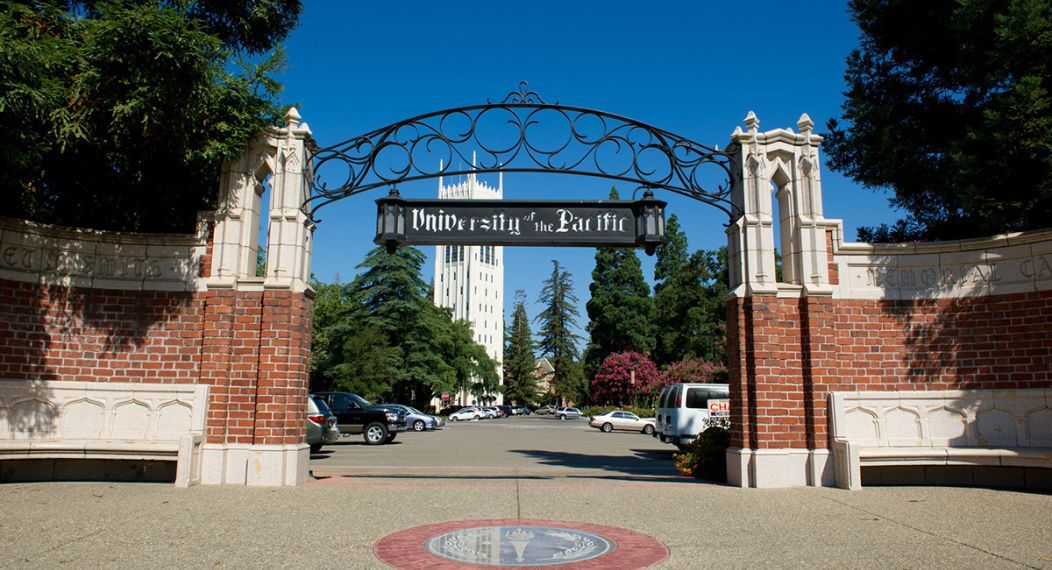Pacific's Response to COVID-19
Pacific continues to monitor conditions around COVID-19 in our communities and regions. As we have throughout the pandemic, we continue to follow guidance of our public health organizations and the California Occupational Safety and Health Administration emergency temporary standard.
With the health and safety of our students, faculty, staff and community at the forefront of Pacific's response to COVID-19, please review the 2025-2026 requirements and updates below before coming to campus.




